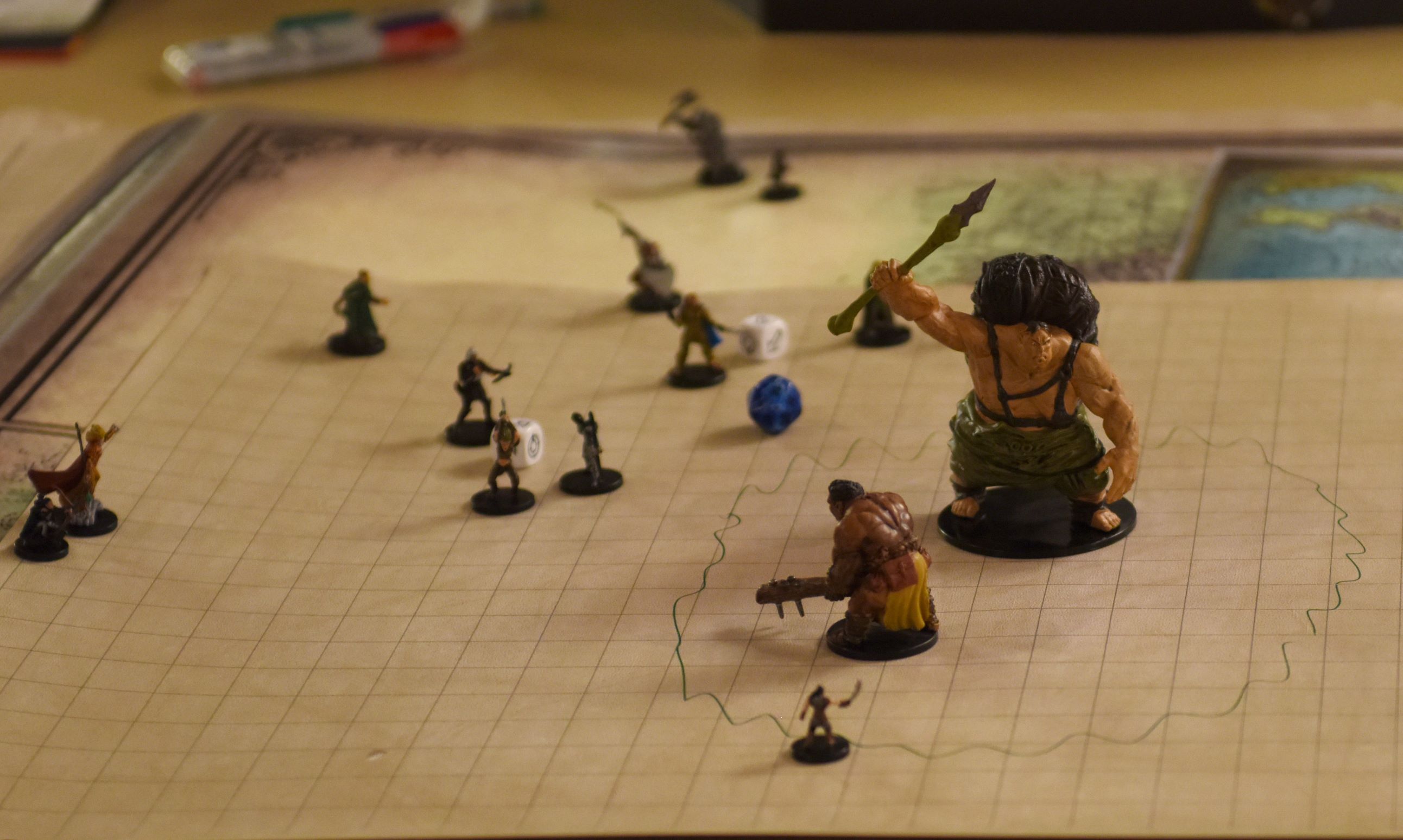We normally really appreciate only player. Even if they tend to derail the story like its their job, it’s never a dull moment. That’s why it totally sucks when a good player makes poor calls that end up making everyone at the table more sour.
Dear DovahQueen: I have a player in my games who always makes characters that won’t get along with the rest of the group for different reasons. Be it alignment, back story, or quirks, he seems to revel in making several characters that go against the grain. The other players have noticed the pattern and are frustrated with the situation. Some are even refusing to play in the games he’s in because of it. He is a good role player, eager, and outside of the game nice and gets along with everyone, this is only an in game behavior What’s the best way to talk with this player and get him to get along with everyone else?—Party Mis-Management
Dear Parmesan Management: I think the fact that this player is a standup fellow outside of the game, and that he’s just trying to do his best in-game, really makes this situation simultaneously so much easier and so much harder. You’re definitely right that this is something which needs to be addressed, and you’re demonstrating a positive Wisdom modifier to be thinking about some best practices. I think this conversation needs to be tactful, direct, and honest if you want it to have lasting impact without damage. While there’s no one correct way to broach these kinds of things, there are some better ways to be approaching it.
To start with, I can’t think of any way around “Hey buddy, listen. I’ve been noticing something about your characters.” It’s important to set the tone in as much an informal manner as you can, but it also needs to be distinct enough that he knows to take this seriously. You tell him that the game is starting half an hour early and do it then. You could call him or do it via text/email. After a game is also an option, but if I were in his shoes, I’d honestly prefer you hit me with it before a game rather than after. I think that’s an important thing to keep in mind; if he’s a good friend that you think highly of, he’ll probably want to be told that his behavior is kinda disruptive. Sometimes we can be guilty of getting real into character, and it’s easy to miss some of our own problematic behavior when we’re just doing our very best. I know I’ve been guilty of this more times than I’m comfortable admitting.
Getting to the point of the conversation, I wouldn’t lead with “This is why you suck.” I think it’ll go a long way to start with affirming the things he’s trying to do right. You can tell that he’s really just wanting to roleplay well and create interesting, dynamic characters. Let him know that see and appreciate the effort. Then, just state simply and with concision: “…but the characters you’re playing aren’t getting along with the party for whatever reason and it’s becoming a sticking point.” Chances are, if he wasn’t really aware of the problem, he could be incredulous. If he was, he may admit to you that it’s something he’s been having trouble with.
Either way, lead directly into suggestions. Lots of folks have lots of issues, but I think most people’s problems tend to stick around because the knowledge of how to work on them doesn’t come easily. That’s especially true when you just praised the source behavior 102 words ago. This is where I think the brainstorming on your part is really gonna be crucial. You’ve seen his characters and you probably remember some of the interactions that really just rubbed people the wrong way. I think it’s gonna be up to you to have some examples of ways those characters could’ve behaved differently that were still true to form. “So like, I get that Shul wasn’t totally down with talking to that evil hunter instead of killing him, but nobody is having fun when arguments break out. Could she instead of just said something threatening the NPC, eyed him like a hawk, and waited for the party to finish negotiating? I’m not saying you had to play her this way, but can we try to avoid forcefully stepping on the toes of other players?” Honestly, I think offering ideas, and the way you do so, might the most important part of the conversation. The aforementioned incredulous player might be waiting for you to tell him how to play his character. Obviously, this is not our intention, but it’s common to get defensive when you’re told something you’ve done isn’t perfect. Granted, no everyone is the same, and some folks are gonna be more or less receptive. That said, it’s still best practice to alleviate that inclination by attempting to present ideas in ways that show you’re not trying to micromanage or direct his character, and that you value and respect his autonomy. For that, only you know the relation between the two of you best. Just spend some quality time thinking the way you’d want him to inform you of the ways you could do better.
I’d like to reiterate here that the keywords are tactful, direct, and honest. I find that conversations involving those three go a very long way to communicate the level of respect you intend to show. AS long as you can keep that tone, and as long as you kinda have a game plan heading in, I think you’ll be just fine.
You can request RPG advice by sending an email to deardovahqueen@gmail.com, by message on Facebook, or on Twitter.







